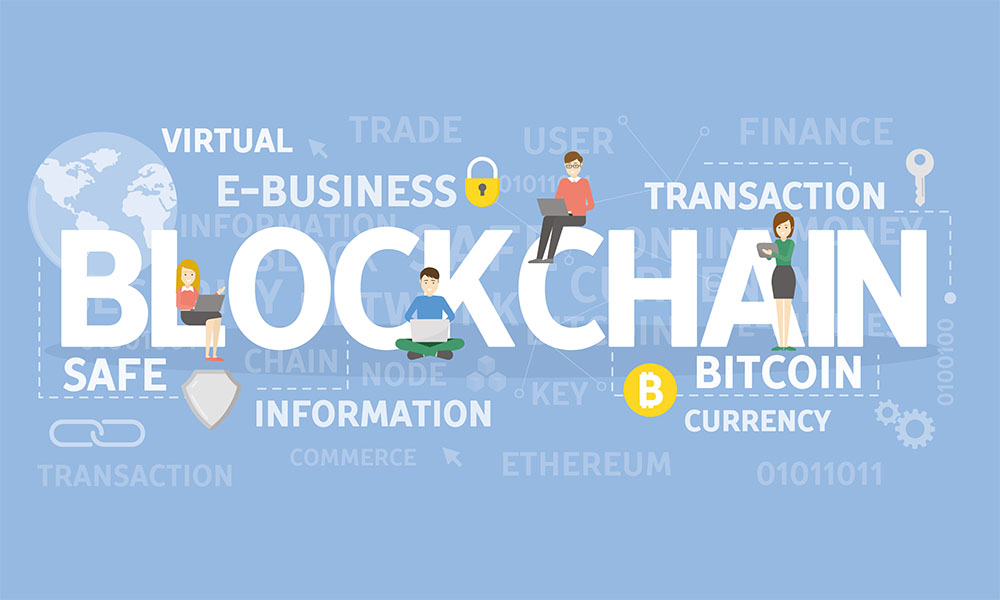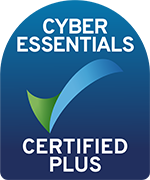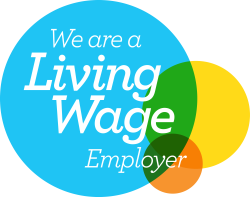
Why Blockchain is about so much more than Bitcoin
When brand names become so familiar that we use them without thinking, it’s easy to forget the history behind them. For example, many people probably know that PayPal started out life essentially as a sideline to eBay and then it grew and grew and is now not only an independent company but arguably has eclipsed its parent.
At this point in time, the visibility of Bitcoin means that we’d suspect there are a lot of people who view the underlying technology, blockchain, as an offshoot of Bitcoin. Actually, blockchain can do a whole lot more than just support Bitcoin and, in years to come, it may well be the case that blockchain comes to be seen as one of the most significant technologies of the 21st century, far more important than Bitcoin itself.
Money matters but data matters more
Anyone old enough to be reading this article has probably had their wallet stolen at least once in their life. In the old days, having your wallet stolen could be a major catastrophe since wallets were filled with cash and cash was (and is) anonymous, so once it had been taken from you, it could be used by anyone.
The arrival of payment cards started to change this and, now that we have both chip-and-PIN and 3DSecure cards – and now that the majority of shops take payment cards so there is less need to carry cash – losing a wallet is generally less of an outright disaster and more of an inconvenience. Losing personal data, on the other hand, has become a major concern for many people.
Governments, too, are taking the issue of data security very seriously (think of the upcoming GDPR, for instance), partly for security reasons and partly for economic ones.
The simple fact of the matter is that unless people can have confidence that their data is secure, sooner or later they will abandon the internet and return to transacting offline.
This could have serious implications not only for retailers but also for governments who have got used to streamlining processes by guiding people to make many transactions online instead of using physical government offices, which are more staff-intensive and therefore more expensive to run (tax returns are a good example of this).
In addition to concerns about data falling into the wrong hands, there is also the issue of how data is used by major corporations, such as Google and Amazon, which are now integral parts of our lives. Google Voice Assistant and Alexa can both be genuinely useful (as well as fun) but they are, effectively, data hoovers and give their owner companies unprecedented insight into what we do, where, when and with whom.
Blockchain can act as an individual’s privacy shield
Right now, handing over your personal data is a bit like putting it straight into a transparent bank deposit vault. You have a key (data protection legislation) but so does the bank (they are the physical custodians of the data). So, not only can the bank see into the vault and read your data but, under certain circumstances, it may hand it over to a third-party without your consent.
A typical example of this may be law enforcement but, depending on the law in your country of residence, other public bodies may also be able to gain access to your data with little to no oversight.
Using blockchain is the equivalent of putting your data into your own personal safe and then putting that safe into the bank’s vault. Your bank can see that the data is there but you still have control over it; so control over personal data may well turn out to be one of the major legal, regulatory, ethical and practical battles of the 21st century.



